01. Percy Sledge - 24-7-365 (Live Version) 3:29
02. Percy Sledge - Blue Water (Live Version) 4:00
03. Percy Sledge - Going Home Tomorrow (Live Version) 3:49
04. Percy Sledge - My Girl (Live Version) 4:05
05. Percy Sledge - My Special Prayer (Live Version) 3:53
06. Percy Sledge - It Tears Me Up (Live Version) 2:41
07. Percy Sledge - I'll Be Your Everything (Live Version) 3:23
08. Percy Sledge - Bring It On Home to Me (Live Version) 4:30
09. Percy Sledge - At the Dark End of the Street (Live Version) 2:57
10. Percy Sledge - Big Blue Diamonds (Live Version) 3:17
11. Percy Sledge - Cover Me (Live Version) 3:52
12. Percy Sledge - Let Me Wrap You in My Warm and Tender Love (Live Version) 4:31
13. Wilson Pickett - Baby Call On Me (Re-Recorded Version) 2:15
14. Wilson Pickett - I Can't Stop (Re-Recorded Version) 2:30
15. Wilson Pickett - I'm Gonna Love You (Re-Recorded Version) 2:03
16. Wilson Pickett - Robert's Monkey Beat (Re-Recorded Version) 2:19
17. Wilson Pickett - It's Too Late (Re-Recorded Version) 3:08
18. Wilson Pickett - If You Need Me (Re-Recorded Version) 2:33
19. Wilson Pickett - Baby Don't Weep (Re-Recorded Version) 2:09
20. Wilson Pickett - I'll Never Be the Same (Re-Recorded Version) 2:36
21. Wilson Pickett - Peace Breaker (Re-Recorded Version) 2:37
22. Wilson Pickett - I'm Down to My Last Heartbreak (Re-Recorded Version) 2:36
23. Wilson Pickett - Give Your Lovin' Right Now (Re-Recorded Version) 2:13
Percy Sledge:
Percy Sledge will forever be associated with "When a Man Loves a Woman," a pleading, soulful ballad he sang with wrenching, convincing anguish and passion. Sledge sang all of his songs that way, delivering them in a powerful rush where he quickly changed from soulful belting to quavering, tearful pleas. It was a voice that made him one of the key figures of deep Southern soul. Sledge recorded at Muscle Shoals studios in Alabama, where he frequently sang songs written by Spooner Oldham and Dan Penn. Not only did he sing deep soul, but Sledge was among the pioneers of country-soul, singing songs by Charlie Rich and Kris Kristofferson in a gritty, passionate style. During the '70s, his commercial success faded away, but Sledge continued to tour and record into the '90s.
While he worked as a hospital nurse in the early '60s, Sledge began his professional music career as a member of the Southern soul vocal group the Esquires Combo. On the advice of local disc jockey Quin Ivy, he went solo in 1966. Ivy fancied himself a record producer and he agreed to help shape Sledge's song "When a Man Loves a Woman" into a full-fledged single, hiring Spooner Oldham to play a distinctive, legato organ phrase. Ivy released the single independently and quickly licensed it to Atlantic Records, who quickly bought out Sledge's contract. "When a Man Loves a Woman" became a huge hit in the summer of 1966, topping both the pop and R&B charts. It was quickly followed that year by two Top Ten R&B hits, "Warm and Tender Love" and "It Tears Me Up," which were both in the vein of his first hit. Although few of his subsequent singles were hits -- only "Take Time to Know Her" reached the R&B Top Ten in 1968 -- many of the songs, which were often written by Dan Penn and/or Oldham, were acknowledged as classics among soul aficionados.
Despite his strong reputation among deep soul fans, Sledge's sales had declined considerably by the early '70s, and he headed out on the club circuit in America and England. In 1974, he left Atlantic for Capricorn Records, where he returned to the R&B Top 20 with "I'll Be Your Everything." Instead of re-igniting his career, the single was a last gasp, as far as chart success was concerned. Over the next two decades he continued to tour, and in the late '80s "When a Man Loves a Woman" experienced a resurgence in popularity, due to its inclusion in movie soundtracks and in television commercials. Following its appearance in a 1987 Levi's commercial in the U.K., the single was re-released and climbed to number two. Two years later, he won the Rhythm and Blues Foundation's Career Achievement Award. Sledge was able to turn this revived popularity into a successful career by touring constantly, playing over 100 shows a year into the '90s. In 1994, he released Blue Night, his first collection of new material in over a decade, to uniformly positive reviews, and after the turn of the millennium he returned with Shining Through the Rain in 2004. The following year, he was inducted into the Rock and Roll Hall of Fame. Percy Sledge died in April 2015 in Baton Rouge, Louisiana at the age of 73.
Wilson Pickett:
Of the major '60s soul stars, Wilson Pickett was one of the roughest and sweatiest, working up some of the decade's hottest dancefloor grooves on hits like "In the Midnight Hour," "Land of 1000 Dances," "Mustang Sally," and "Funky Broadway." Although he tends to be held in somewhat lower esteem than more versatile talents like Otis Redding and Aretha Franklin, he is often a preferred alternative of fans who like their soul on the rawer side. He also did a good deal to establish the sound of Southern soul with his early hits, which were often written and recorded with the cream of the session musicians in Memphis and Muscle Shoals.
Before establishing himself as a solo artist, Pickett sang with the Falcons, who had a Top Ten R&B hit in 1962 with "I Found a Love." "If You Need Me" (covered by the Rolling Stones) and "It's Too Late" were R&B hits for the singer before he hooked up with Atlantic Records, which sent him to record at Stax in Memphis in 1965. One early result was "In the Midnight Hour," whose chugging horn line, loping funky beats, and impassioned vocals combined into a key transitional performance that brought R&B into the soul age. It was an R&B chart-topper and a substantial pop hit (number 21), though its influence was stronger than that respectable position might indicate: thousands of bands, black and white, covered "In the Midnight Hour" on-stage and record in the 1960s.
Pickett had a flurry of other galvanizing soul hits over the next few years, including "634-5789," "Mustang Sally," and "Funky Broadway," all of which, like "In the Midnight Hour," were frequently adapted by other bands as dance-ready numbers. The king of that hill, though, had to be "Land of 1000 Dances," Pickett's biggest pop hit (number six), a soul anthem of sorts with its roll call of popular dances, and covered by almost as many acts as "Midnight Hour" was.
Pickett didn't confine himself to the environs of Stax for long; soon he was also cutting tracks at Muscle Shoals. He recorded several early songs by Bobby Womack. He used Duane Allman as a session guitarist on a hit cover of the Beatles' "Hey Jude." He cut some hits in Philadelphia with Gamble & Huff productions in the early '70s. He even did a hit version of the Archies' "Sugar, Sugar." The hits kept rolling through the early '70s, including "Don't Knock My Love" and "Get Me Back on Time, Engine Number 9."
One of the corollaries of '60s soul is that if a performer rose to fame with Motown or Atlantic, he or she would produce little of note after leaving the label. Pickett, unfortunately, did not prove an exception to the rule. His last big hit was "Fire and Water," in 1972. He continued to be active on the tour circuit; his most essential music, all from the '60s and early '70s, was assembled for the superb Rhino double-CD anthology A Man and a Half. It's Harder Now, his first new material in over a decade, followed in 1999. Pickett spent the early part of the 2000s performing before retiring in late 2004 due to ill health. He passed away on January 19, 2006, following a heart attack. In 2017, Rhino released a more extensive career overview, The Complete Atlantic Albums Collection.
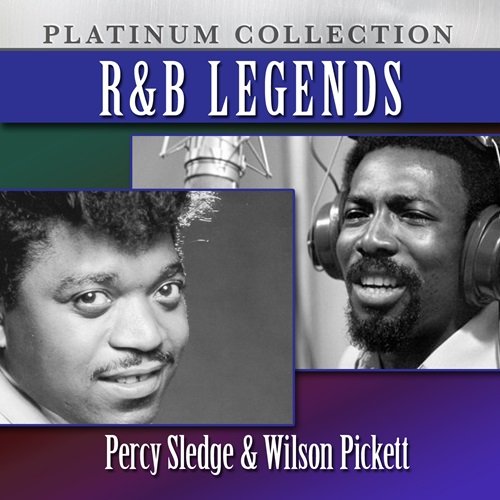

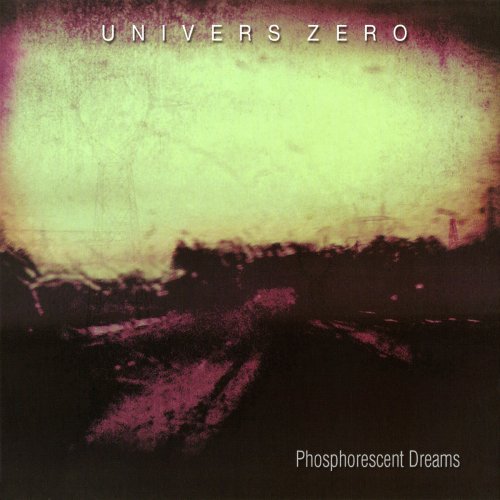
![Jon Henriksson, Pelle von Bülow, Rasmus Holm - Monkurt (2026) [Hi-Res] Jon Henriksson, Pelle von Bülow, Rasmus Holm - Monkurt (2026) [Hi-Res]](https://img.israbox.com/img/2026-02/15/ja2eavgnqk7dn4c3l9myzfk37.jpg)
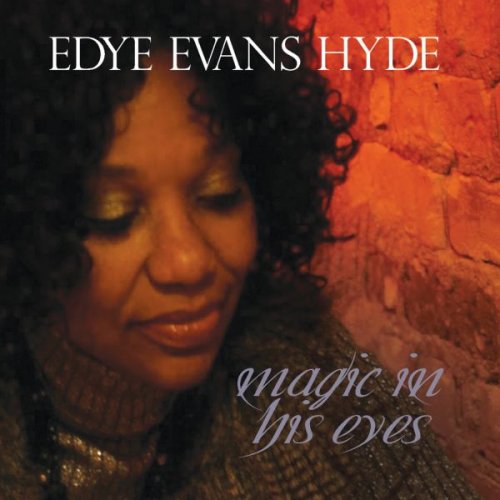
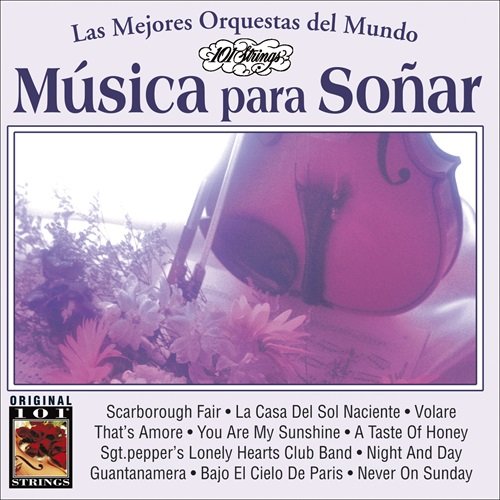
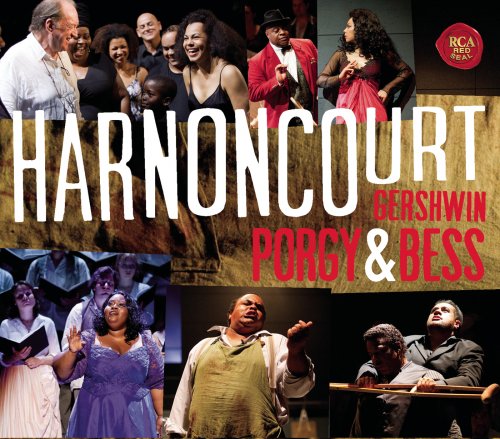
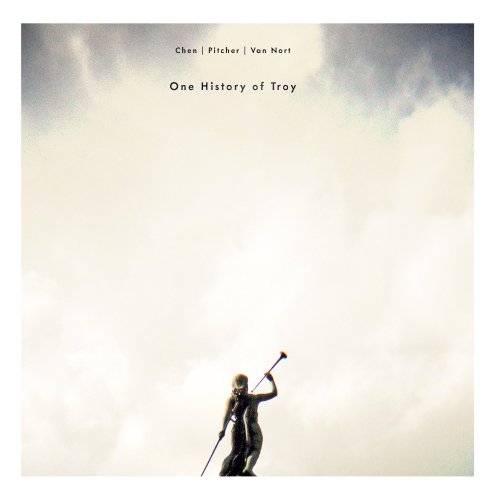
![Kento Tsubosaka - Lines (2026) [Hi-Res] Kento Tsubosaka - Lines (2026) [Hi-Res]](https://www.dibpic.com/uploads/posts/2026-02/1771391986_zw4gprxc9nex6_600.jpg)

